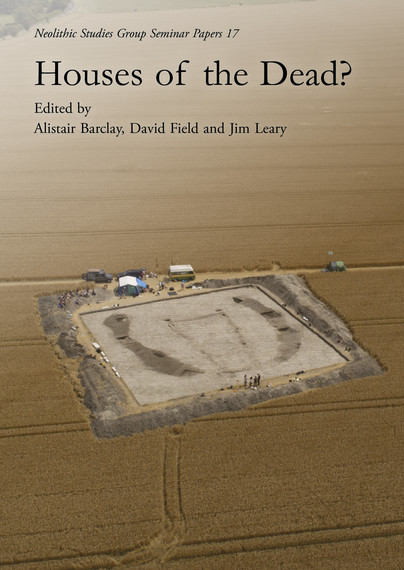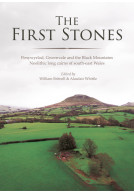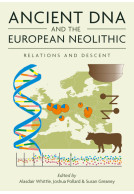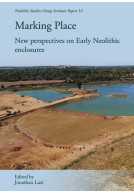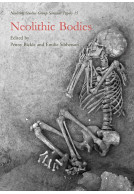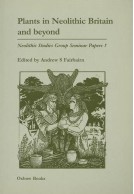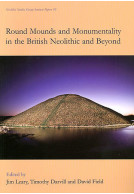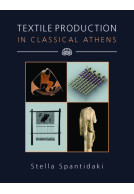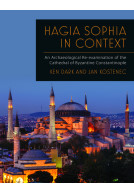Houses of the Dead? (Paperback)
Series: Neolithic Studies Group Seminar Papers
Pages: 216
ISBN: 9781789254105
Published: 15th February 2020
Casemate UK Academic
(click here for international delivery rates)
Order within the next 7 hours, 13 minutes to get your order processed the next working day!
Need a currency converter? Check XE.com for live rates
The chronological disjuncture, LBK longhouses have widely been considered to provide ancestral influence for both rectangular and trapezoidal long barrows and cairns, but with the discovery and excavation of more houses in recent times is it possible to observe evidence of more contemporary inspiration. What do the features found beneath long mounds tell us about this and to what extent do they represent domestic structures. Indeed, how can we distinguish between domestic houses or halls and those that may have been constructed for ritual purposes or ended up beneath mounds? Do so called 'mortuary enclosures' reflect ritual or domestic architecture and did side ditches always provide material for a mound or for building construction? This collection of papers seeks to explore the interface between structures often considered to be those of the living with those for the dead.







